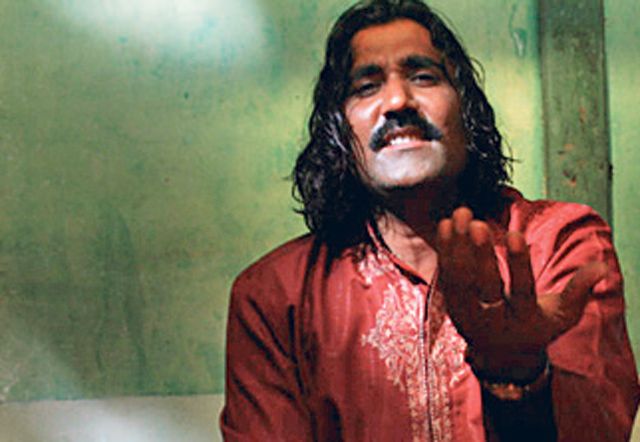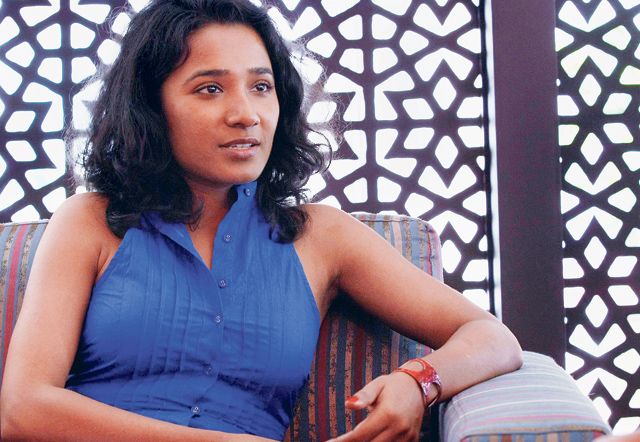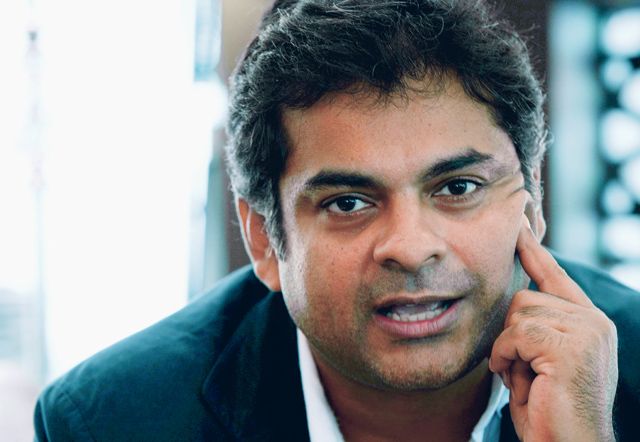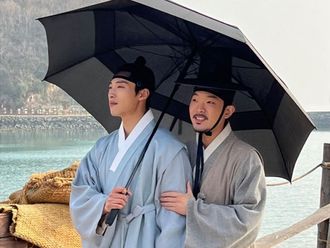The stars and director of the new film, Bombay Summer, strutted the MEIFF red carpet in style on Saturday night, bringing the best of serious Indian cinema. tabloid! got a chance to chat with both budding actress Tannishtha Chatterjee and indie filmmaker Joseph Mathew about their exposé of Bombay's past and present.
In conversation with director Joseph Mathew
How would you describe Bombay Summer?
It captures India in a state of flux where urban India is dealing with rapid changes.
The film is a voice for the young people in India and many find it an eye-opening experience.
They might be surprised to learn that there are nightclubs in India and that youngsters do drink.
Would you change the title of the movie Bombay Summer to Mumbai Summer — if political activists make an issue about it?
No. The movie is a tribute to the city. The movie is about a city that is undergoing change. It's about the city's past.
Has recession affected indie filmmakers such as you?
It's been a tough year. As you know, getting your film distributed is like the holy grail. It is now harder to produce a film. We are in a limbo right now and hopefully things will turn around.
In fact, Bombay Summer was produced by an Middle Eastern investor. But he wishes to remain anonymous.
Did you know?
Mathew says he will consider Bollywood musicals if it's done his way.
"Bollywood has become so formulaic. There are more than a billion stories to be told, it is hard to do something fresh in Indian cinema. But filmmakers like Anurag Kashyap and Vishal Bharadwaj are making a difference."
Gritty cinema
Bombay Summer could not have been more aptly titled.The city of Mumbai is captured in all its gritty glory transporting you back to a time when Mumbai was still the bustling Bombay.
It is a tale of the lives and loves of three friends, set against the back-drop of the vibrant metropolis. Entertaining as a whole, the movie proceeds at a languorous pace and takes time to flesh out its characters — Tannishtha Chatterjee (a Mumbai-bred career girl called Geeta), Jatin Goswami (an artist and drug dealer called Madan) and Samrat Chakrabarti (a rich struggling writer called Jaidev).
The shift in the friendship dynamics — when Geeta transfers her affection from her boyfriend Jaidev to artist Madan — is subtly captured.
Although there were moments when things could move at a faster pace, you leave the theatre feeling nostalgic about its characters and, more importantly, Mumbai.
In conversation with Tannishtha Chatterjee
You know her as Naznin from the critically acclaimed British film Brick Lane.
Will we ever see an art-house actor like you in a commercial Bollywood venture?
Of late, Bollywood has a tradition of typecasting actresses. It's becoming increasingly male-dominated. Hopefully the trend of women playing key roles will return. The day it does, I will consider a commercial Bollywood venture. There was a time when actresses like Nargis, Madhuri Dixit and Kajol used to carry a film on their own shoulders. But that was some time ago.
You were in the movie adaptation of Monica Ali's Brick Lane. How tough was it to play the multi-layered Bangladeshi immigrant Naznin?
It comes with the good and the bad. It is good that a book gives you an understanding of a character but the readers expect a lot from the movie. But fortunately, I was able to pull it off.
Who is an actor that you admire?
Daniel Day-Lewis. I met him in 2007 at the film festival; at first I didn't recognise him with the beard and the hat and he had no starry entourage with him. He is one of the few actors who can look different in every movie, he can transform into a different personality each time. Personally, I look for roles that are different from one another, Naznin [in Brick Lane] is the exact opposite of Geeta in Bombay Summer.
















